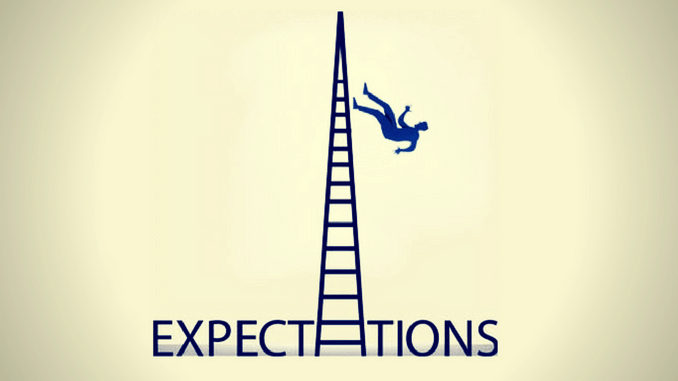I was in a discussion recently about how to craft the invitation to an upcoming conference. Up to now, much of the vision for the event has centered on the need for a systemic approach – for helping the complex web of stakeholders to see themselves as a single ecosystem so that they can then act together to effect systemic change. But in this recent discussion, there was concern that such a big vision wouldn’t appeal to some potential participants. To get those people to come, it was suggested, a more tactical, single-issue approach would be more effective. “How to solve specific problem x.”
This is a familiar conversation for me. As I help organizations surface and articulate what they truly stand for, there comes a realization that they may have to leave some customers or community members behind. This brings up fear. It conflicts with the desire to please all people, all the time – going against the noble values of inclusion. It challenges the belief that more and bigger is always better.
It’s certainly important to take into consideration what various people may want from you. But be careful that you’re not taking that as the limit of your own mission, “living down” to the expectations of the smallest minded sub-set of those you’re serving. Instead of catering to the lowest common denominator, these times call for moving boldly in the direction of what’s needed in the world and what you’re uniquely capable of contributing. In the process, you will inspire and attract those who are ready to go there, including those who may have been silently wishing someone would demonstrate courageous leadership. And you will leave some others behind, for now.
This is a time for discernment and audacity. Don’t ask: how can we appeal to the most people? Ask: what is truly needed and what is our most heroic response? Ask: what is the most impactful conversation we can have with our customers and community? The right people will come, with more loyalty and passion than you can imagine. And those who seemed to be expecting less may even be elevated to new desires.
As Margaret Mead said: “For the human species to evolve, the conversation must deepen.”




